Keli is the National Theatre of Scotland’s new touring production.
The play brings back memories of the Fife pits for Kingdom Brass member Bill Webster.
“There’s a bit in the play where the lassie’s sitting on the step and she says, ‘in my house you didnae know if you were going to get a cuddle or a slap’,” says Bill Webster. “That’s what resonated with me. A lot of my pals certainly had that upbringing.”
The play he’s talking about is the National Theatre of Scotland’s new touring production Keli, in which the title role of a young brass band player in an ex-mining community in Central Scotland is played by actor Liberty Black.
Webster hasn’t seen the whole play right through, but as a member of Fife band Kingdom Brass, one of two brass bands playing within the performance, he’s seen enough to bring his own time in the Fife pits flooding back.
“It’s these kinds of things that have triggered memories,” he says. “Even from before I was in the pit and still at school, mining communities were like that.”
Memories of Fife mining life – and Jim Leishman
Raised in Lochgelly’s Happylands miners’ houses, Webster went down the pits virtually straight from school in the mid-‘70s.
As well as the tutor at college in Cowdenbeath who suggested he try and get into pit work (his dad, who wanted him to become an electrician, was livid), his career had an unusual inspiration.
“Big Leish used to stay across the road from me, he’s ages with my older brother,” he says, referring to former Dunfermline Athletic manager Jim Leishman.
“Believe it or not he was a guidance guy at the local job centre. When I was still at school you had to go to the careers office and get an interview and they would put you forward for jobs and stuff.
“I knew Jim really well, we played football down the park. I goes in and he says, oh, it’s yerself Bill, what can I do for you? I kid you not, he’s headering this ball against the wall. I says, I’m here for this interview. He says, ah, I’ll just put you down for the pit. I was only in about ten seconds!”
Back in the day, says Webster, boys in the brass band community took lessons after school, right from primary. He was taught cornet at Lochgelly South by a man named Andrew Lindsay, who worked at the Barry, Ostlere and Shepherd factory in Kirkcaldy.
Back then every village had its own brass instructor, and each class fed into the bigger bands. Webster joined Dunfermline, the band his father had been in.
Keli’s author won’t write off today’s teens
“I moved to an ex-mining area of Midlothian some years ago, and I’ve got teenage kids going to school there,” says Martin Green, the writer and composer of Keli, who’s also in the folk group Lau.
“So I’ve been thinking a lot about, what’s it like being a teenager in an ex-mining town right now? I find that generation inspiring, I don’t think they’re all behooded nihilists that only stare at their phones. Sometimes I find the portrayal of teenagers unfair.”
From first hearing brass bands in Newtongrange, near where he lives, Green was so inspired that he created a BBC radio documentary on the scene named Love, Spit and Valve Oil.
This in turn gave him such rich stories that he decided to create a play, with Keli starring Black as the eponymous character from a fictional town somewhere along the M8.
“Liberty’s a young actor from Glasgow who’s still at college,” says Green.
“Keli’s very funny, Liberty is also very funny. There’s been no coal mining in Keli’s lifetime, but the brass band is still going strong and she’s prodigiously good at tenor horn, which is an instrument that only exists in brass bands.
Live brass bands on stage in Keli
“Music is her outlet, really, it’s what stops her boiling over. Part of it’s about how music can be helpful to people in these towns, 40 years after the miners’ strike and that industry stopped.
“It’s a fast play, it keeps going, and there’s a live brass band onstage. There’s a lot of music throughout, but it’s a play with music, rather than a musical.”
It was around the time he started playing, says Webster, that music education in Fife pivoted towards orchestras.
“Which I still feel a wee bit miffed about, because if you got taught the violin, when you left school there was nowhere for you to go,” he says.
“That stuck in my throat a wee bit. It decimated brass bands in Fife, to be honest.”
Then, of course, the pits closed, and Webster went to university to retrain. He’s worked with young people and in drug and alcohol rehabilitation, but he still misses the pits.
Nothing quite like working in the mines for Bill Webster
“I’ve met some really nice people, helped some people, there’s nothing better than getting somebody off drugs that’s been on them for 20 years,” he says.
“But I still miss going to my work with a right crowd of boys, where it was just a million laughs all the time. I could go on forever. I could tell you a million-and-one stories.”
“I used to get annoyed at work when folk would say, ‘I feel a bit stressed today’. I was like, try being up to your waist in water and mud, and standing there with a firing cable and about 80 pounds of explosives, and you’re wondering whether it’s going to go off or not! I really miss it.”
Keli is at Dundee Rep Theatre from May 22 to 24 then Perth Theatre from June 4 to 7.
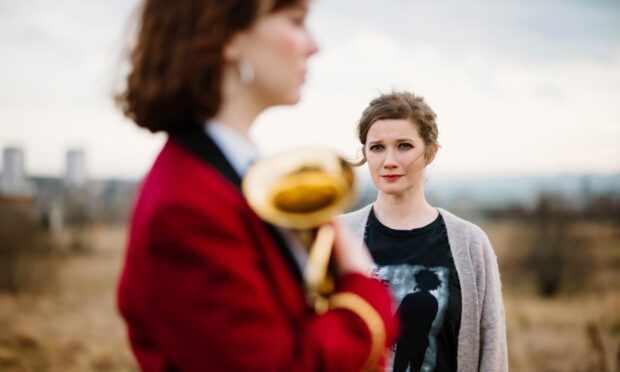
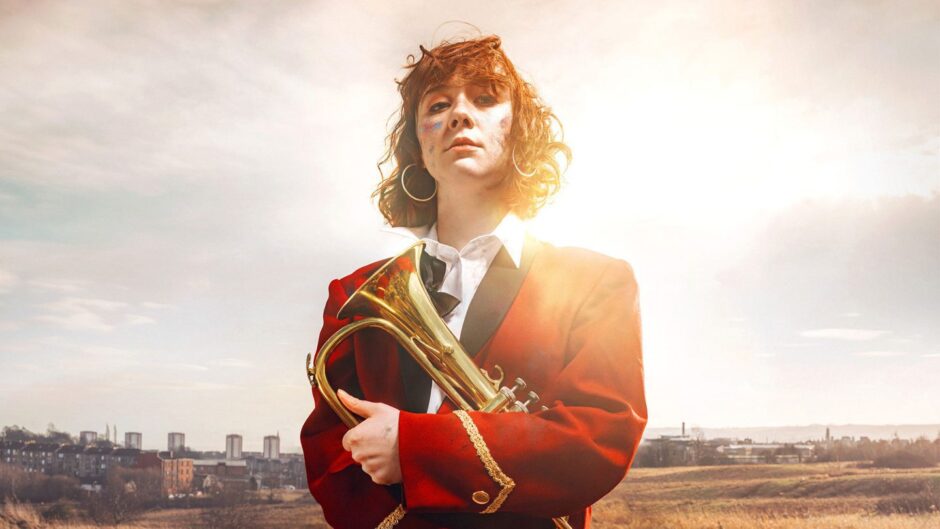
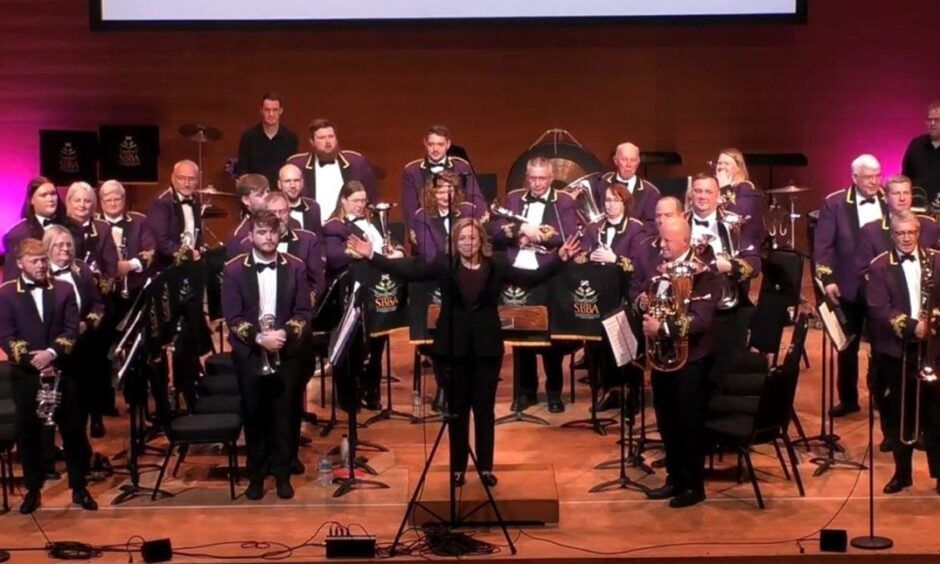
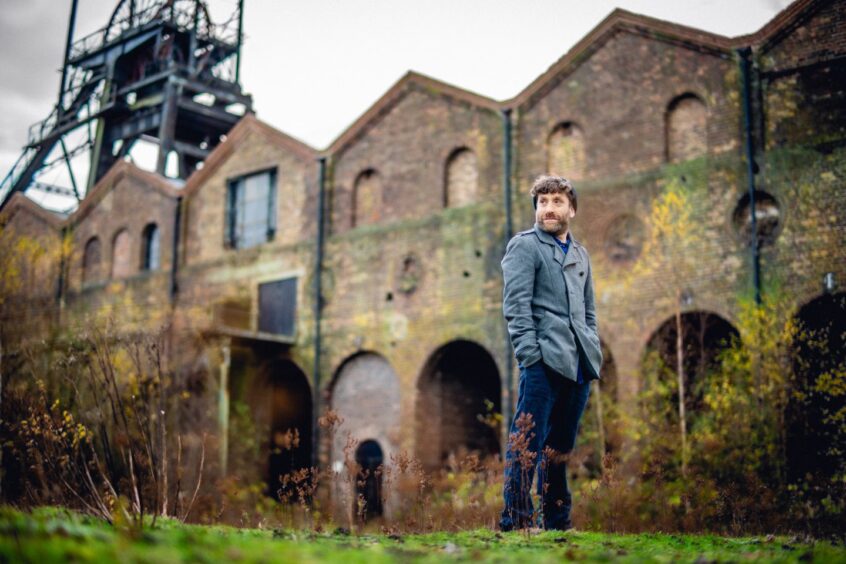
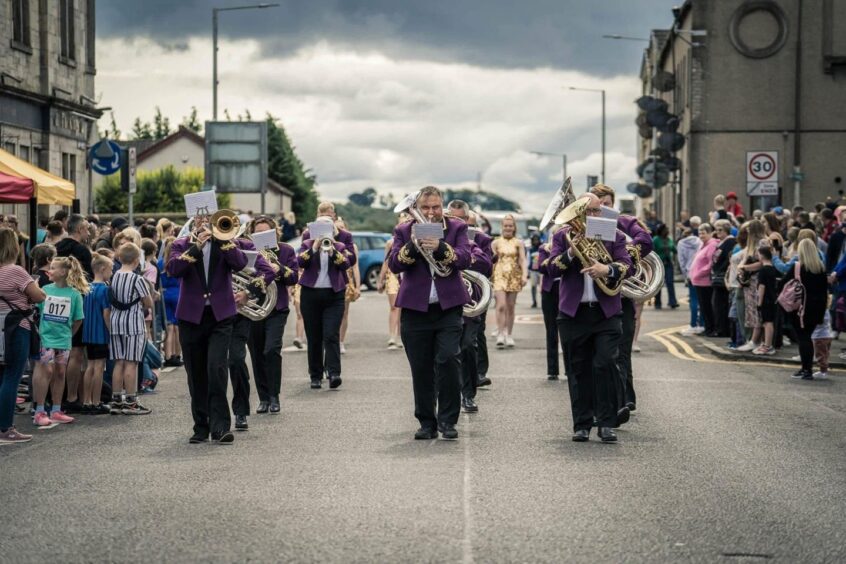
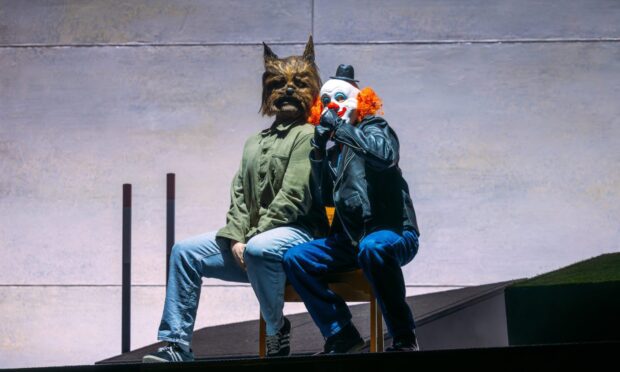

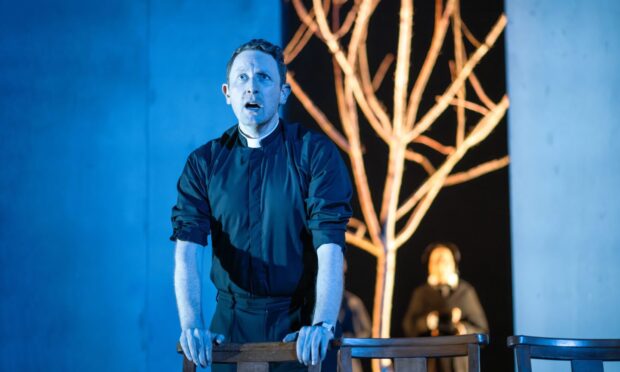
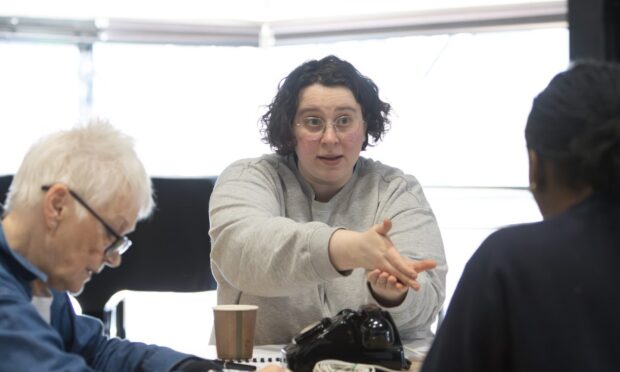
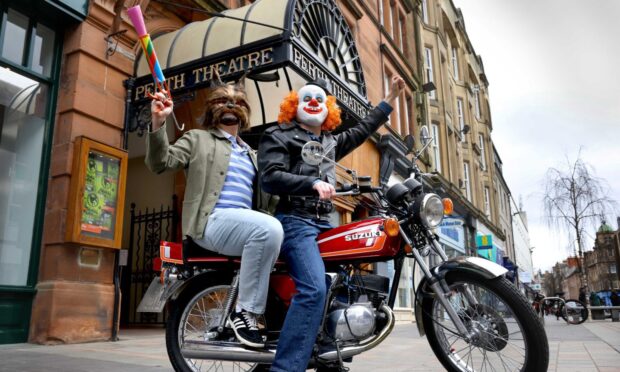
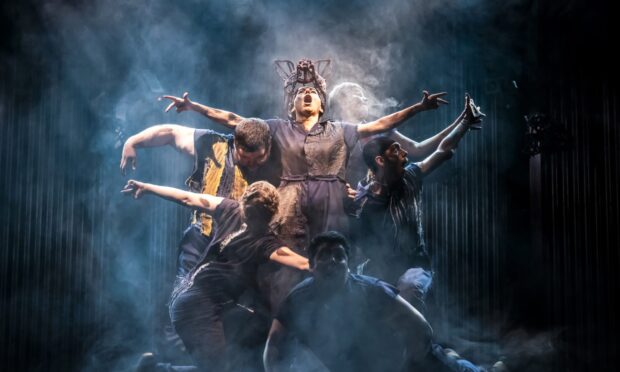
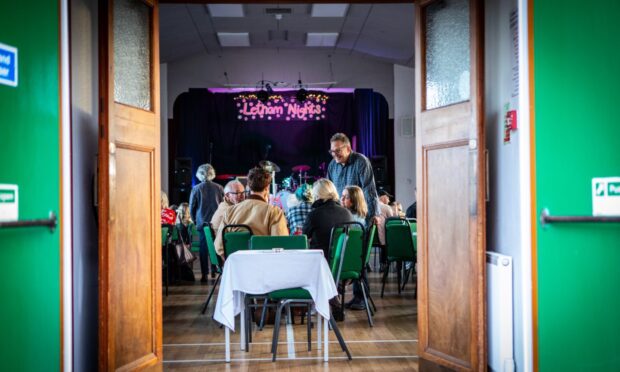
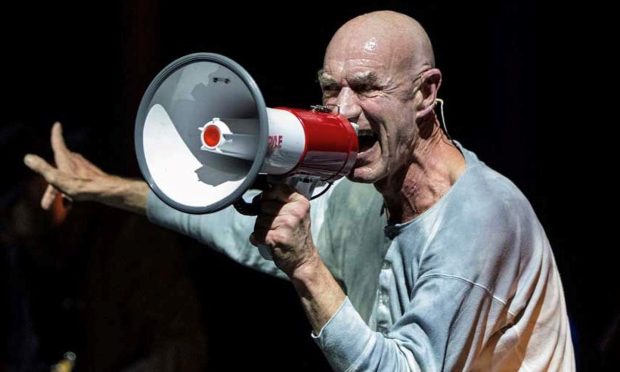
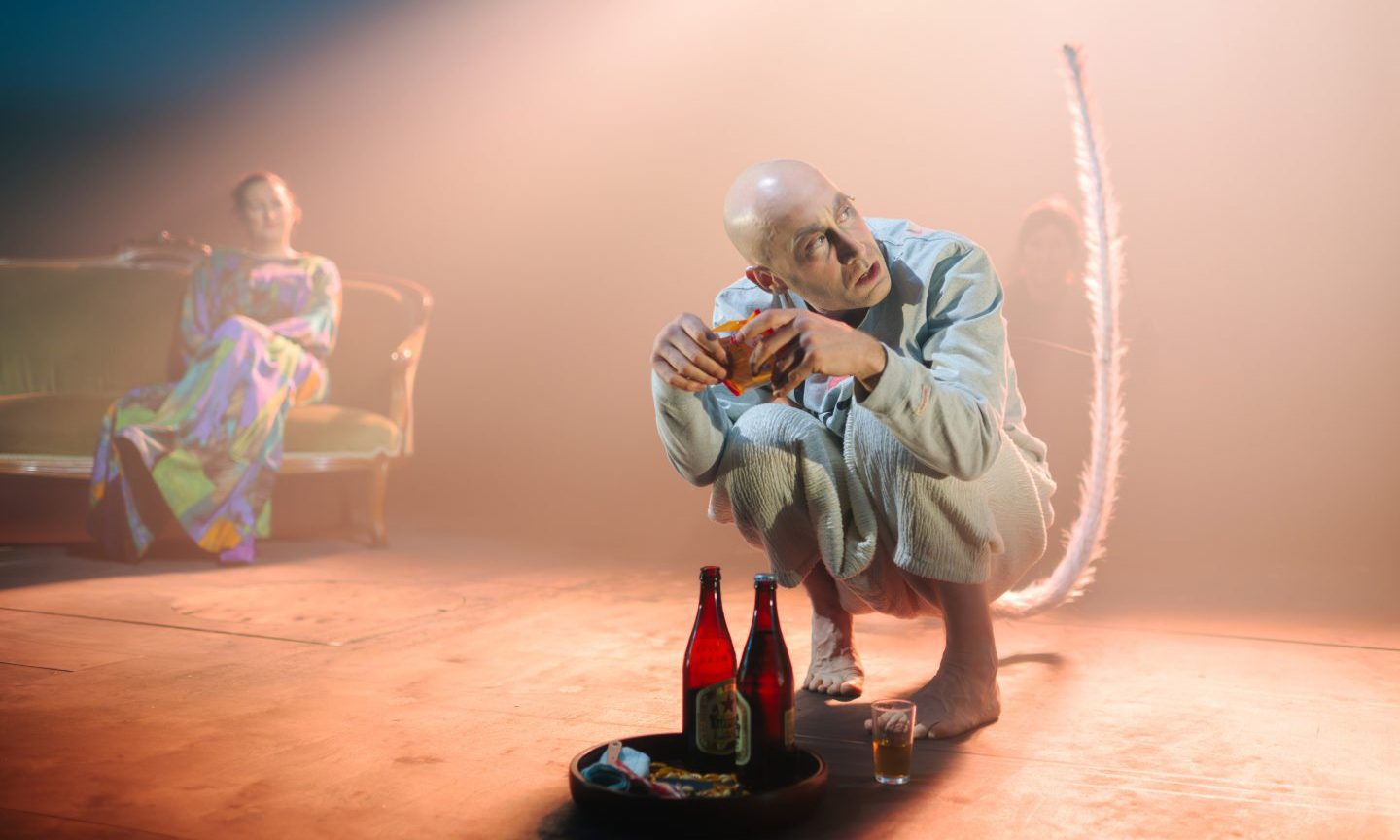

Conversation